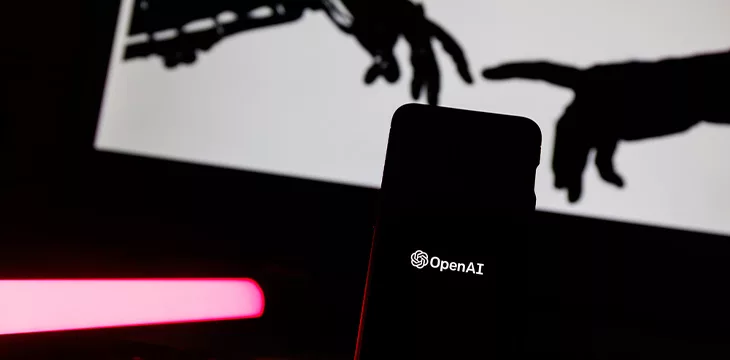|
Getting your Trinity Audio player ready...
|
The top U.S. consumer protection agency has launched the country’s first major probe into OpenAI, the maker of ChatGPT. The Federal Trade Commission (FTC) is investigating whether OpenAI breached customer protection laws or caused reputational harm to its users in the company’s biggest regulatory threat.
In a criminal investigative demand (CID) issued to OpenAI, the FTC requests extensive details about how the company collects, utilizes, stores, and protects data. The FTC issued the 20-page CID this week, the Washington Post first reported on Thursday.
The regulator wants to know whether OpenAI has “engaged in unfair or deceptive privacy or data security practices.” It’s also probing whether the Sam Altman-led firm has “engaged in unfair or deceptive practices relating to risks of harm to consumers, including reputational harm, in violation of Section 5 of the FTC Act.”
In its 49 questions, the agency requested the company to provide information on all the third parties with access to its large language models. The questions also delve into how OpenAI obtains and protects the data it trains its large language models (LLMs) on, its top ten users and licensors, and more.
Another focus for the FTC is how OpenAI monitors ChatGPT and its other LLMs to protect against “generating statements about real individuals that are false, misleading and disparaging.”
ChatGPT has come under fire for generating false and misleading information since its launch last November. Last month, a radio host in Georgia sued the company after it claimed he had embezzled funds from a non-profit organization in the first defamation lawsuit against an AI chatbot.
In May, ChatGPT falsely accused a California university lecturer of sexually harassing a student and even invented a fake link to a non-existent article on the Washington Post as proof. In response, OpenAI promised to do better and claimed to be making progress.
The FTC has given the company 14 days to respond to the CID.
ChatGPT vs regulators
The FTC’s CID is the most significant regulatory action against OpenAI in the United States. While regulators have threatened to take any actions necessary to protect AI users, they have been all bark and no bite.
On their part, AI pioneers have launched a global campaign to coax regulators to take a soft approach to regulating the industry. OpenAI founder and CEO Altman has been the global icon for this campaign, using threats, grants, and grand promises to woo regulators across the U.S., Europe, and Asia.
Altman took to Twitter to call out the agency, claiming to be disappointed at its approach.
it is very disappointing to see the FTC's request start with a leak and does not help build trust.
that said, it’s super important to us that out technology is safe and pro-consumer, and we are confident we follow the law. of course we will work with the FTC.
— Sam Altman (@sama) July 13, 2023
“…we protect user privacy and design our systems to learn about the world, not private individuals. We’re transparent about the limitations of our technology, especially when we fall short, and our capped-profits structure means we aren’t incentivized to make unlimited returns,” he added.
OpenAI will cooperate with the agency on the issue, Altman pledged.
In the FTC, Altman faces a formidable threat. Led by Lina Khan, the FTC has become President Joe Biden’s most prominent Silicon Valley czar. It has brought actions against behemoths like Microsoft (NASDAQ: MSFT), Twitter, Google (NASDAQ: GOOGL), and more, winning hundreds of millions of dollars in settlement.
The FTC now has its sights set on AI.
“The FTC welcomes innovation, but being innovative is not a license to be reckless. We are prepared to use all our tools, including enforcement, to challenge harmful practices in this area,” FTC’s director Sam Levine stated in April.
CoinGeek Conversations with Owen Vaughan & Alessio Pagani: Blockchain can bring accountability to AI

 03-03-2026
03-03-2026 




